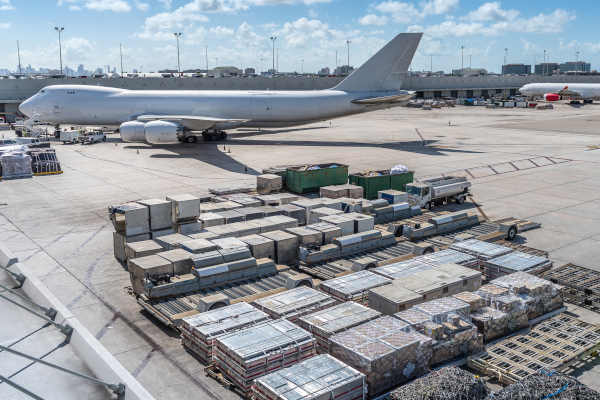The Houthi rebel attacks in the Red Sea prompt extended diversions for ocean cargo vessels, pushing air freight volumes to unprecedented heights. Concerns intensify as shipping costs via air may skyrocket if the crisis persists. European-bound cargo experiences a surge in air freight usage as companies opt for shorter routes, bypassing the longer Red Sea diversions around Africa.

Niall van de Wouw, Chief Air Freight Officer for Xeneta, notes an unusual uptick in air freight activity during the typically quieter period between late December and early January. The crisis amplifies fears of supply chain inflation, accentuated by a significant spike in cargo volumes. Average flight occupancy reaches 93 percent, signalling potential air freight rate increases exceeding 10 percent.
Xeneta data reveals a 62 percent spike in air cargo volumes from Vietnam to Europe, surpassing 2023’s peak week. Analysts suggest the Red Sea crisis’s sudden nature may cause more disruption than in the early pandemic months. Auto giants like Suzuki, Tesla, and Volvo face manufacturing impacts, while retailers like Ikea, Next, and Crocs warn of delays. Brian Bourke of SEKO Logistics notes a growing shift to air freight, emphasising the urgency among European importers to avoid stock shortages amid supply chain uncertainties.











